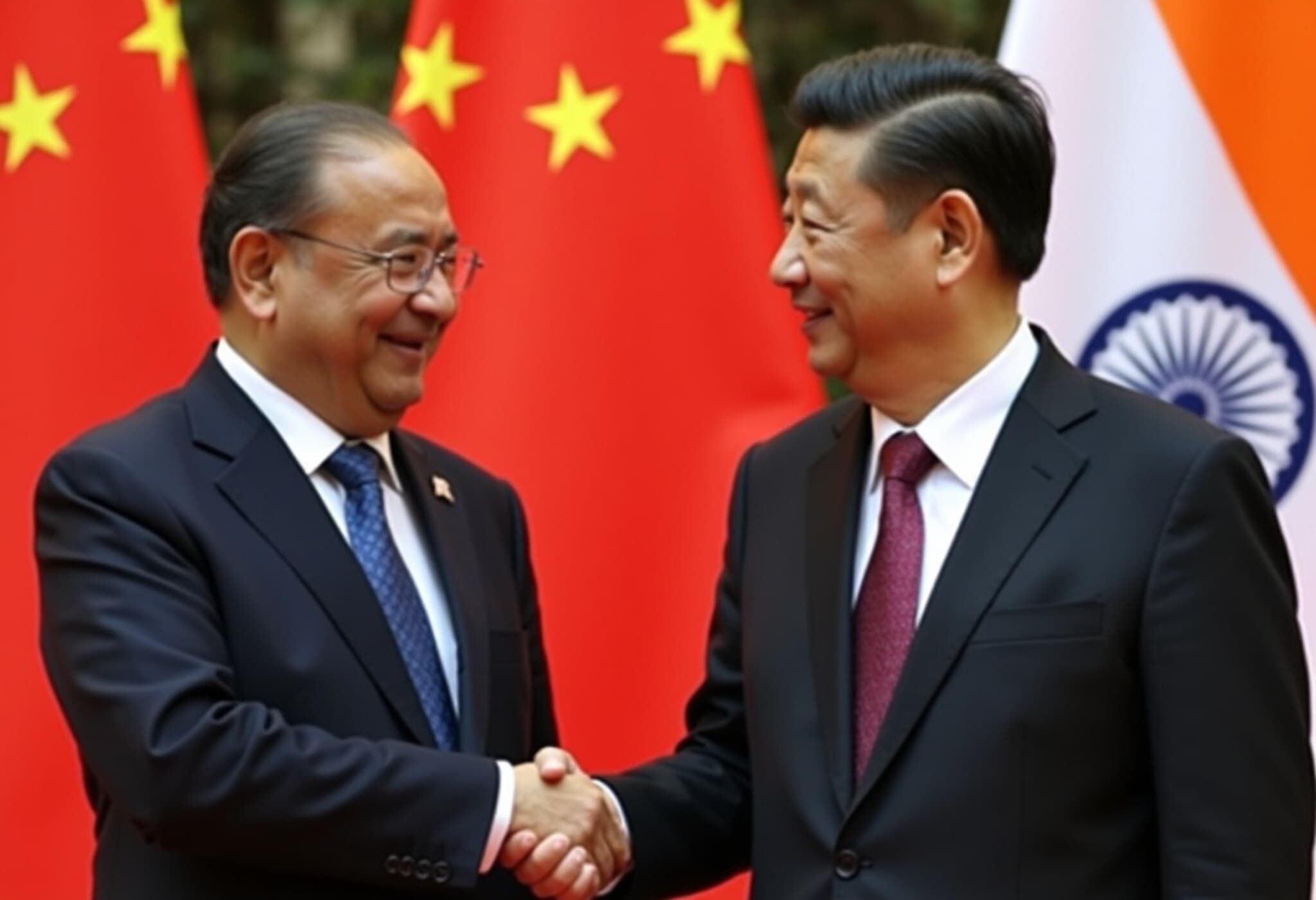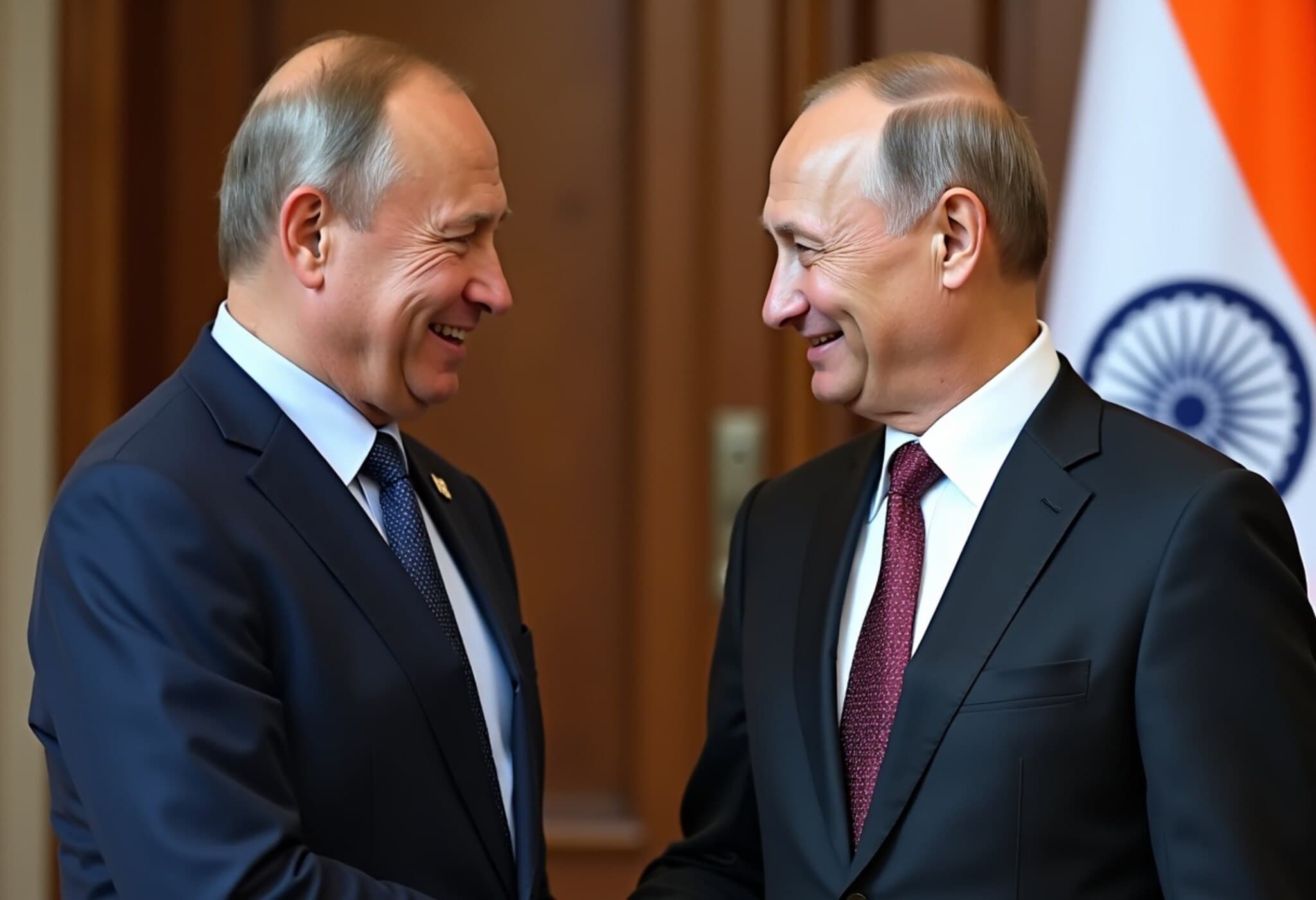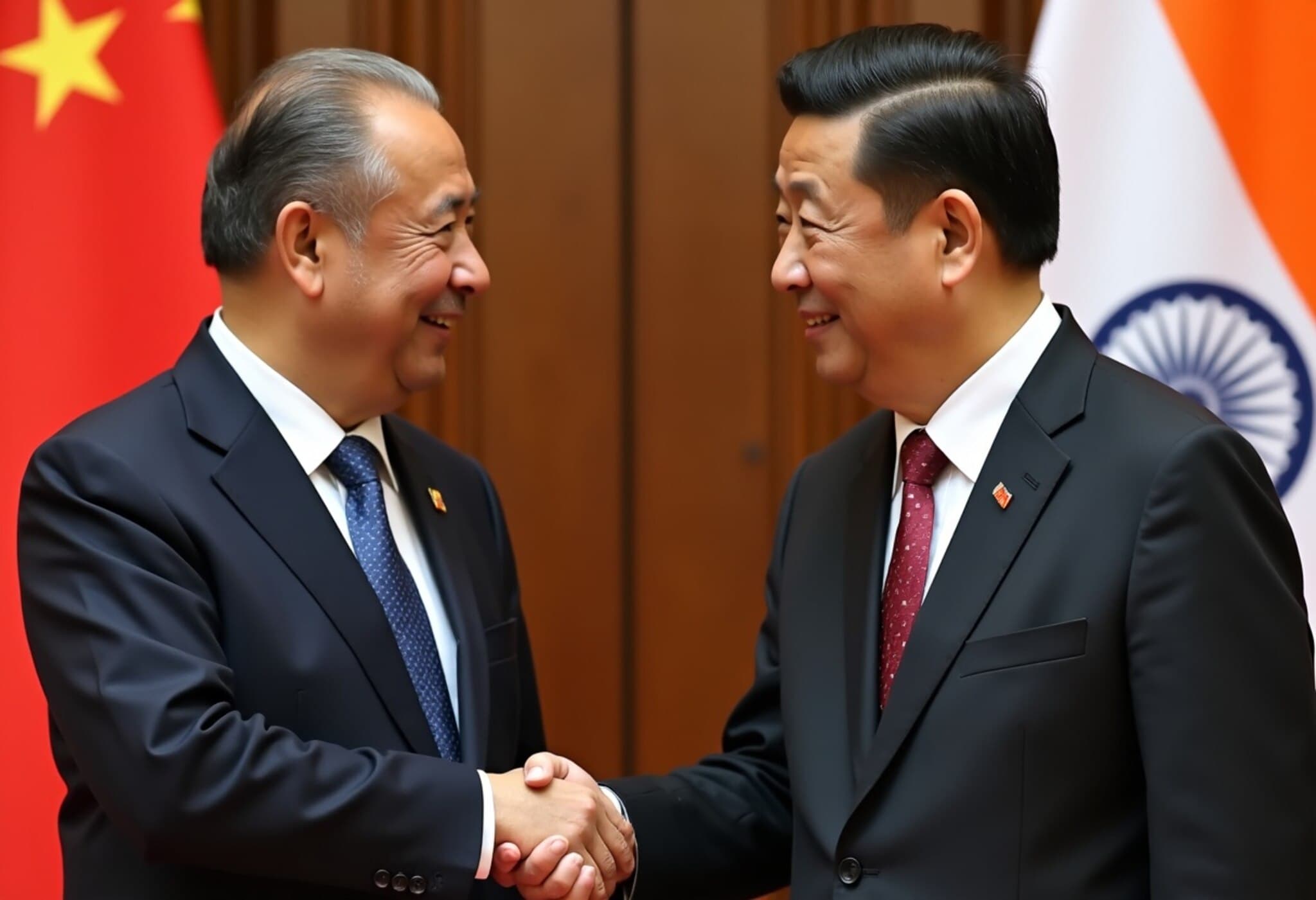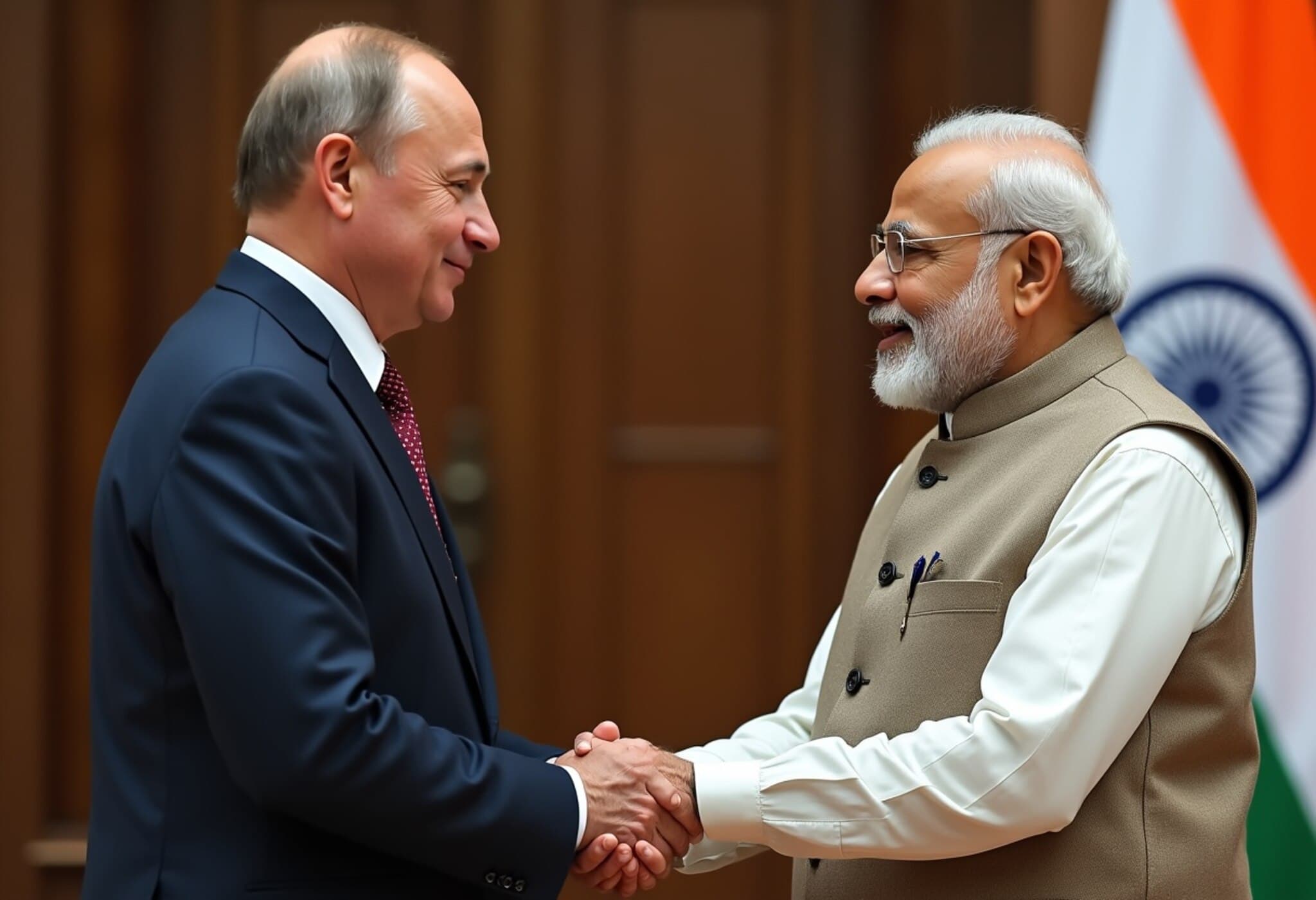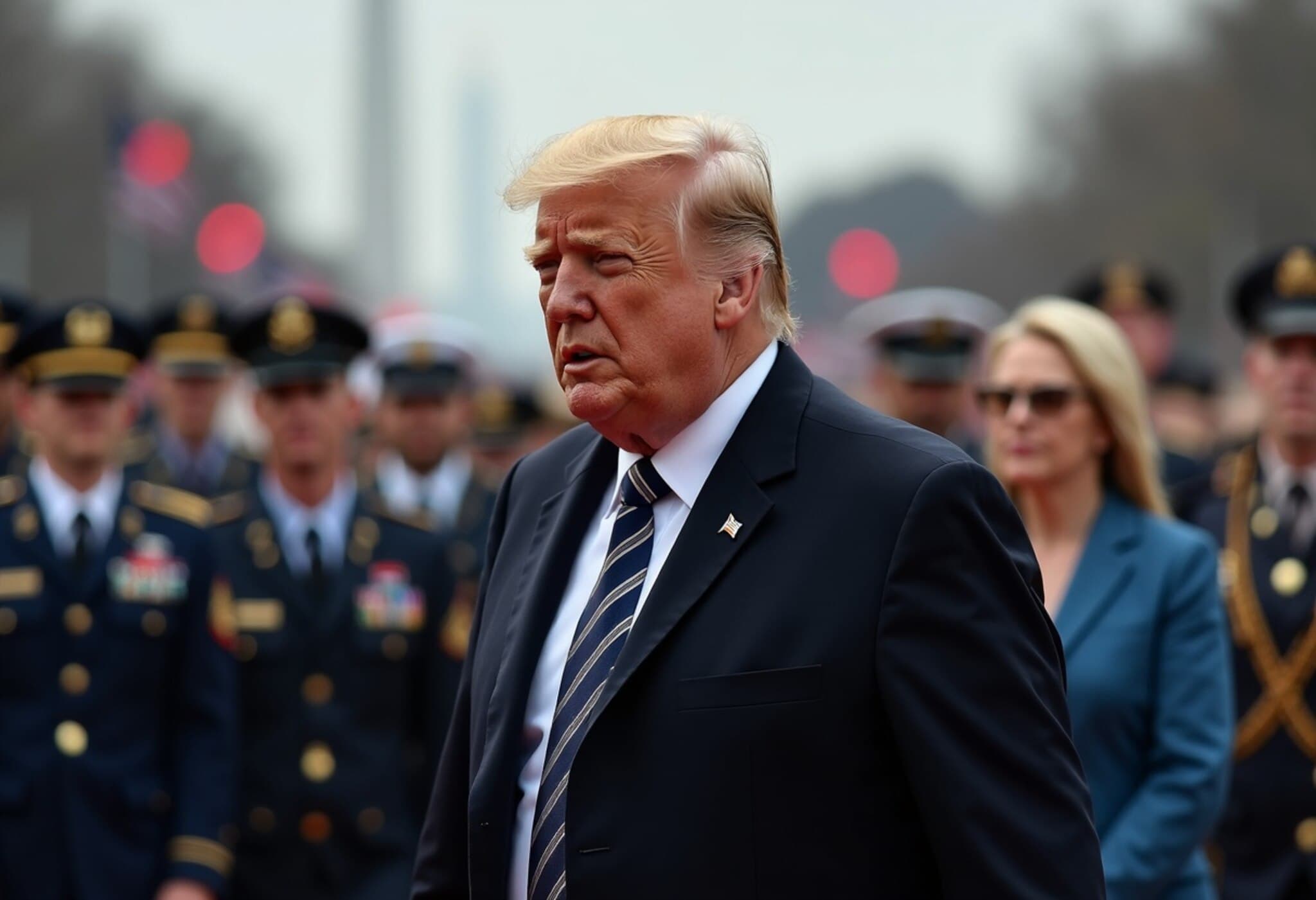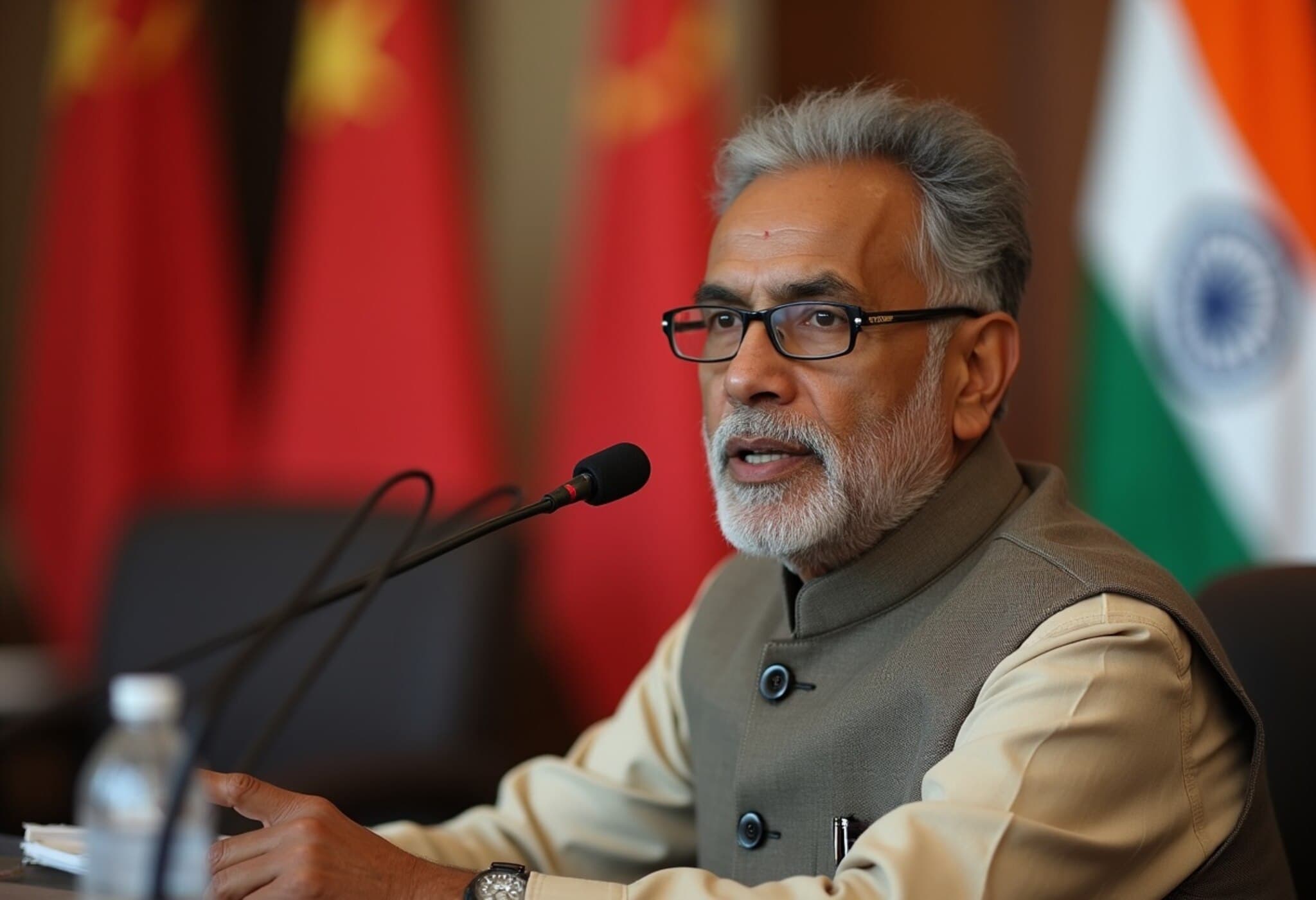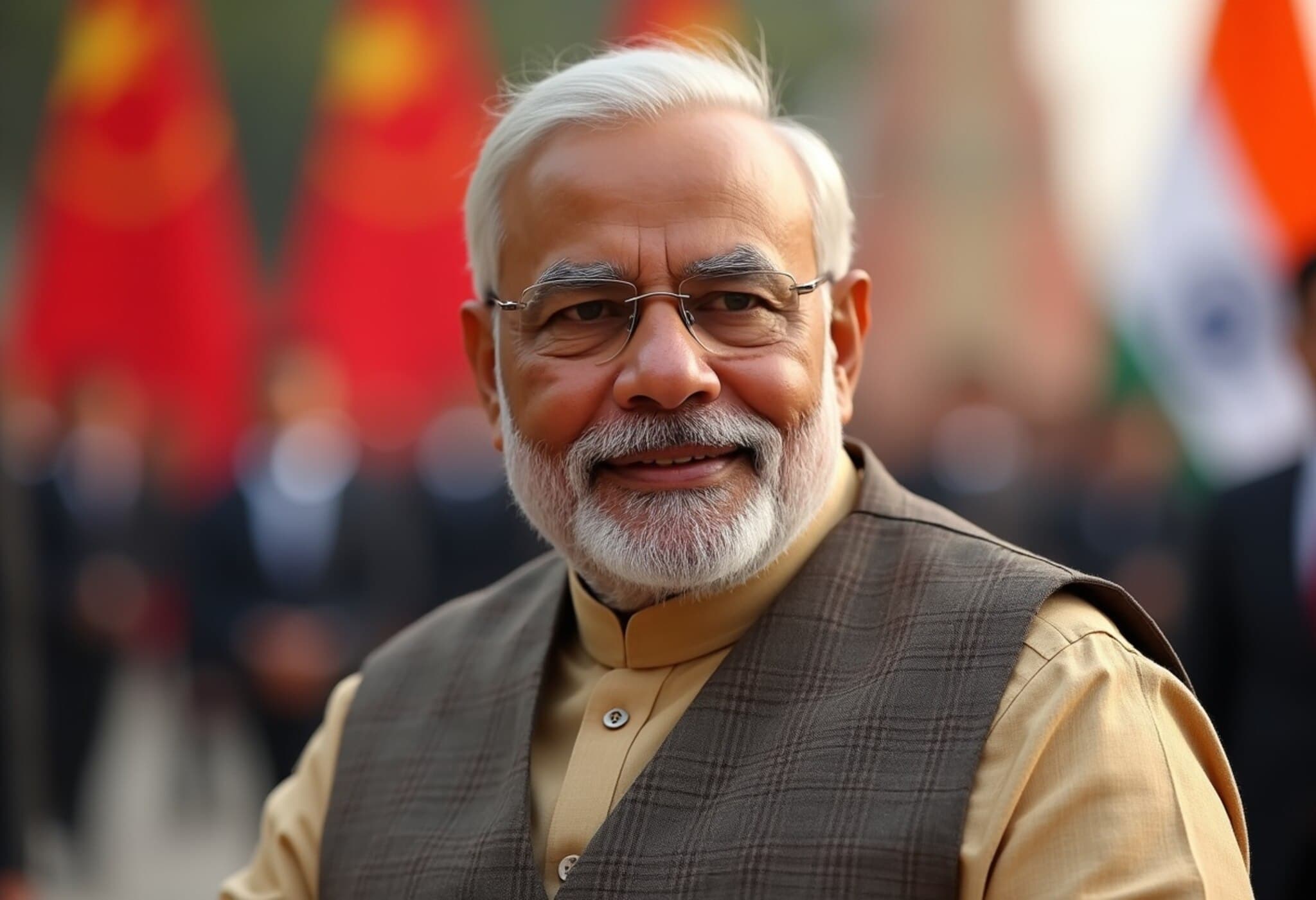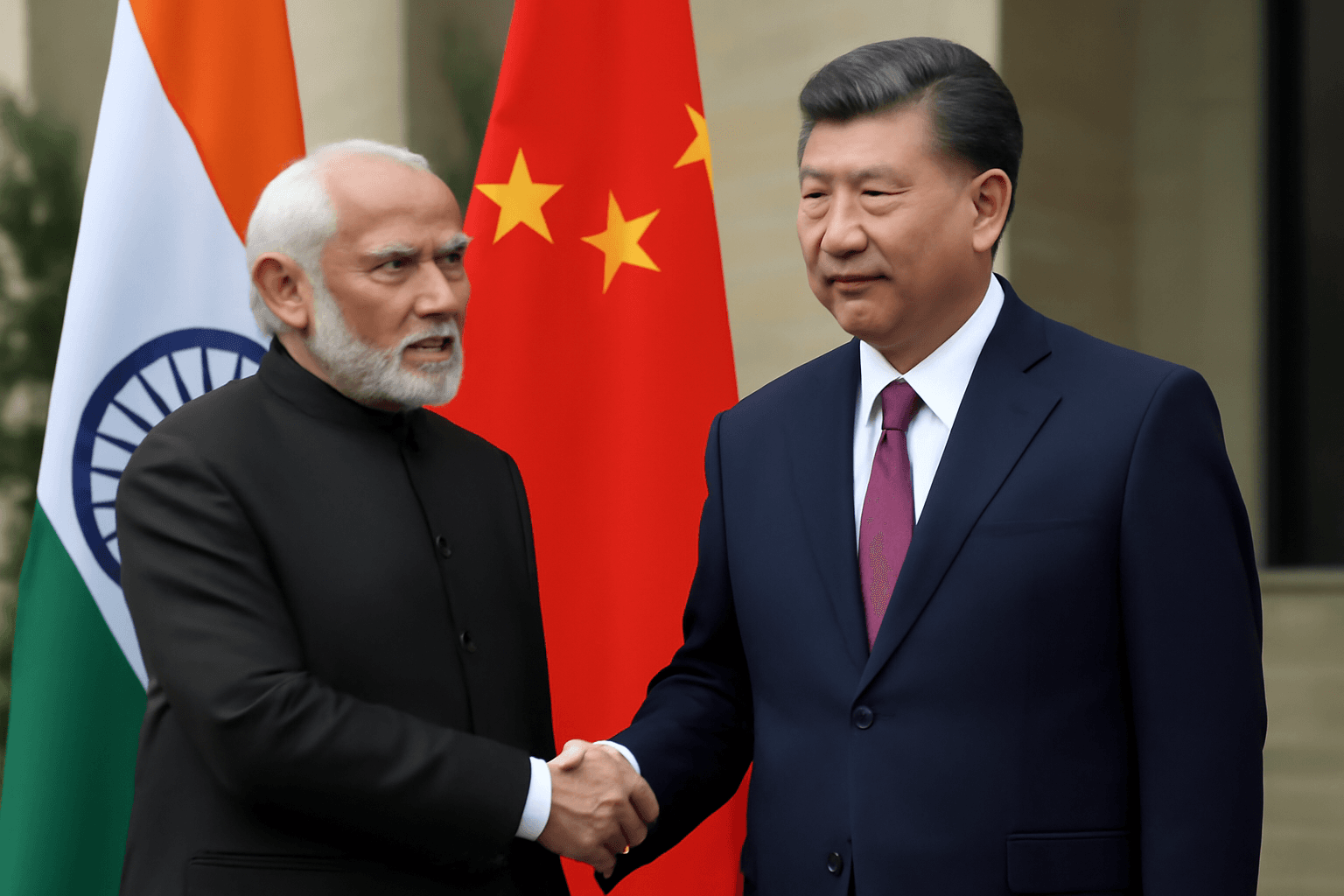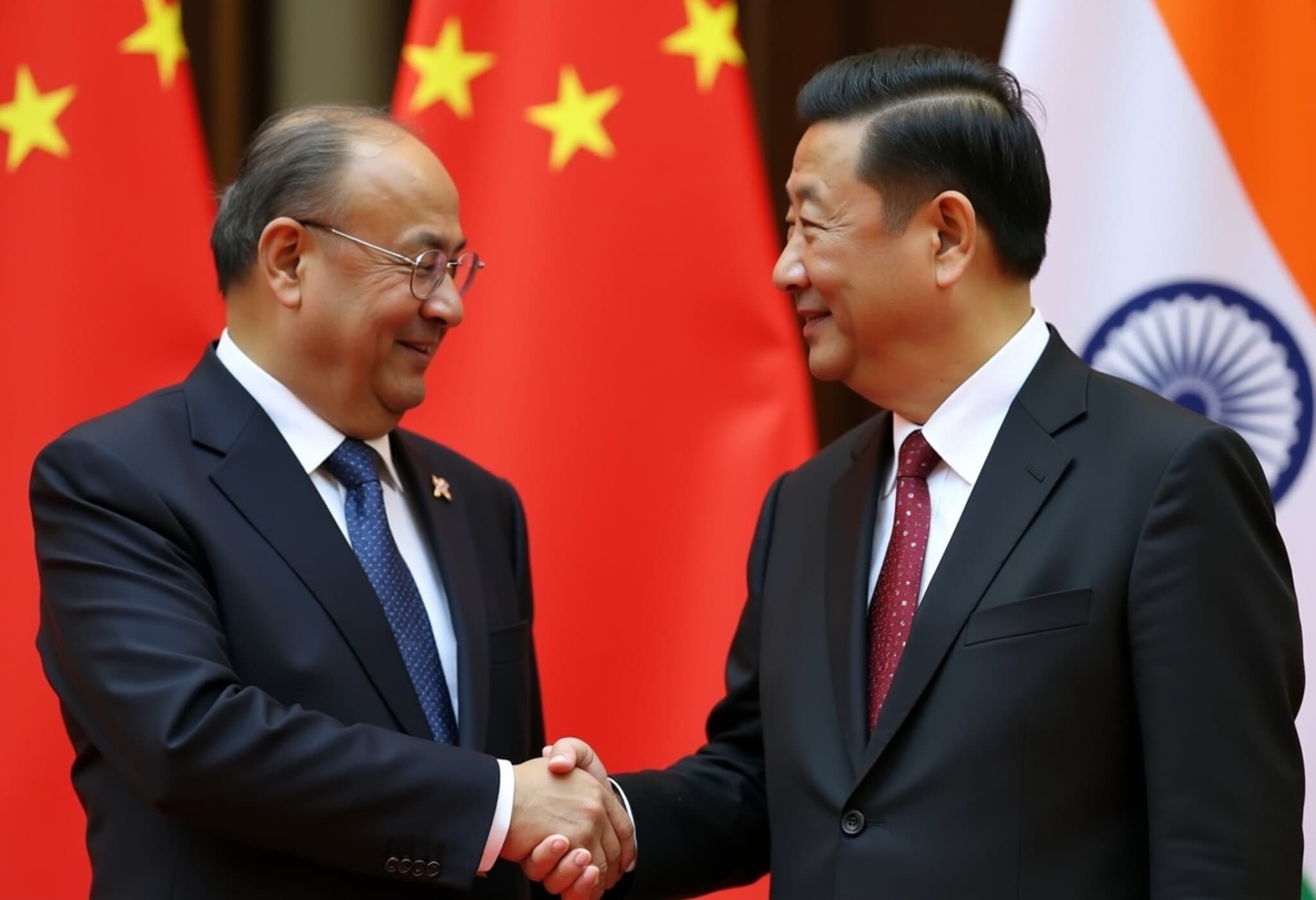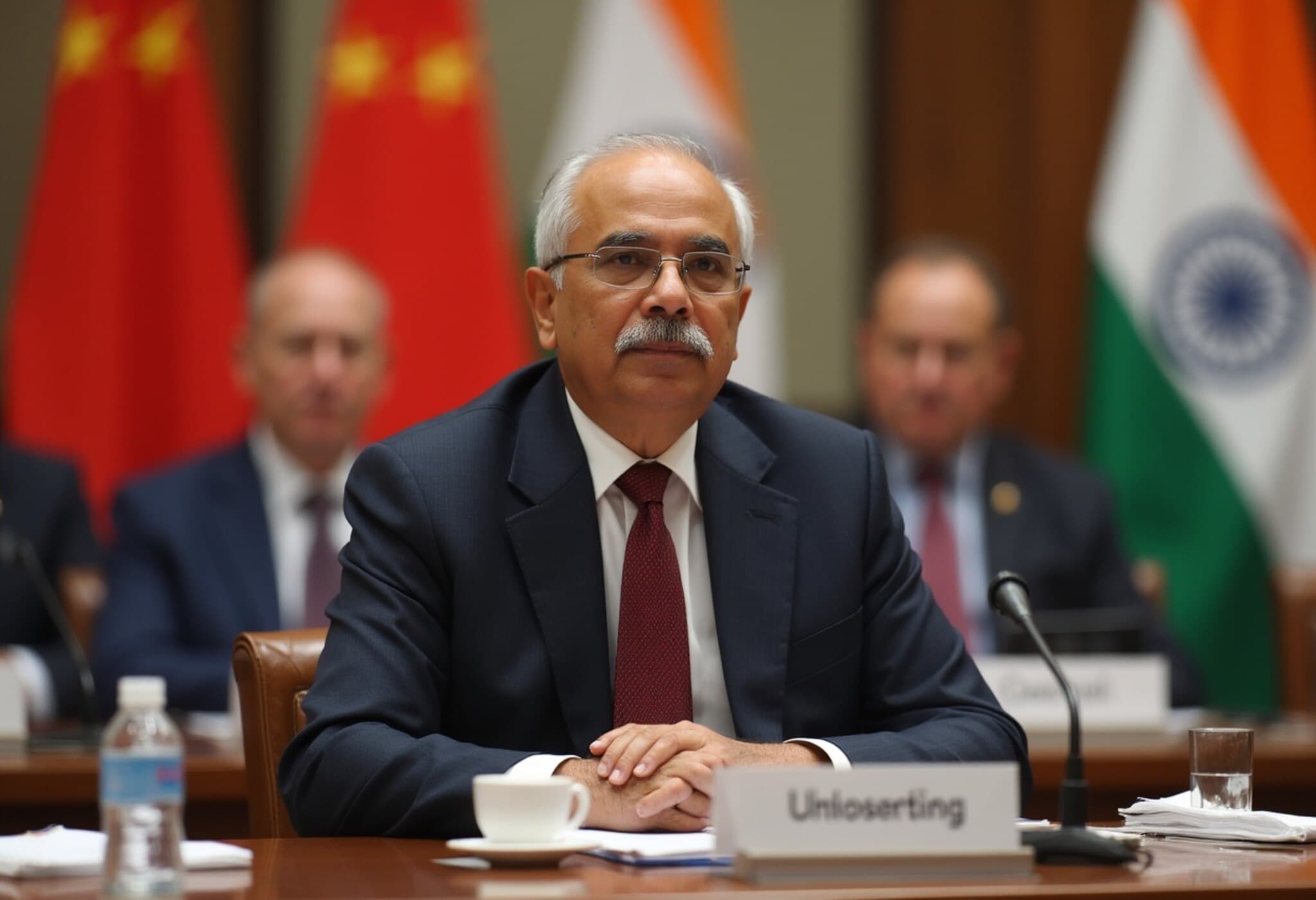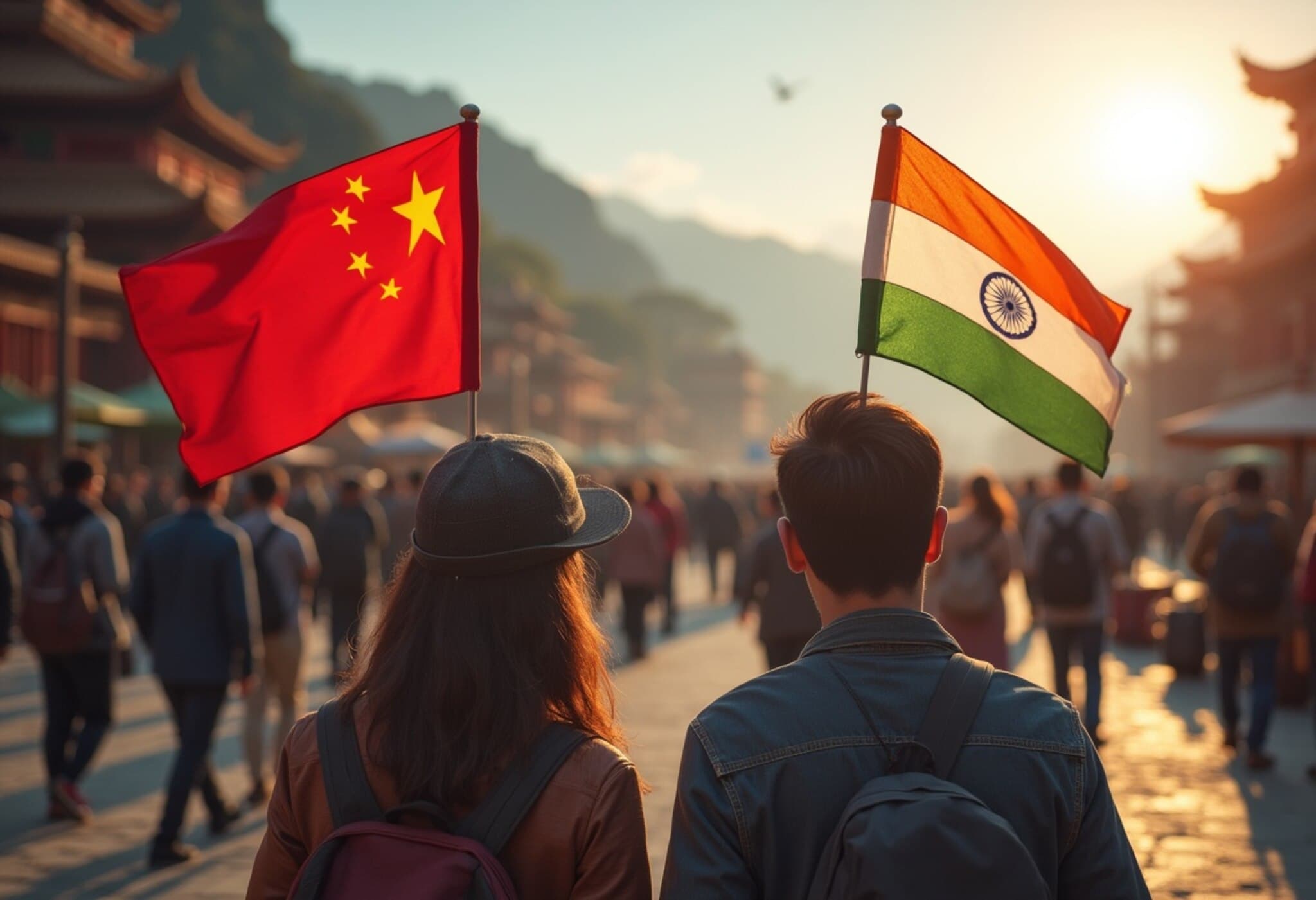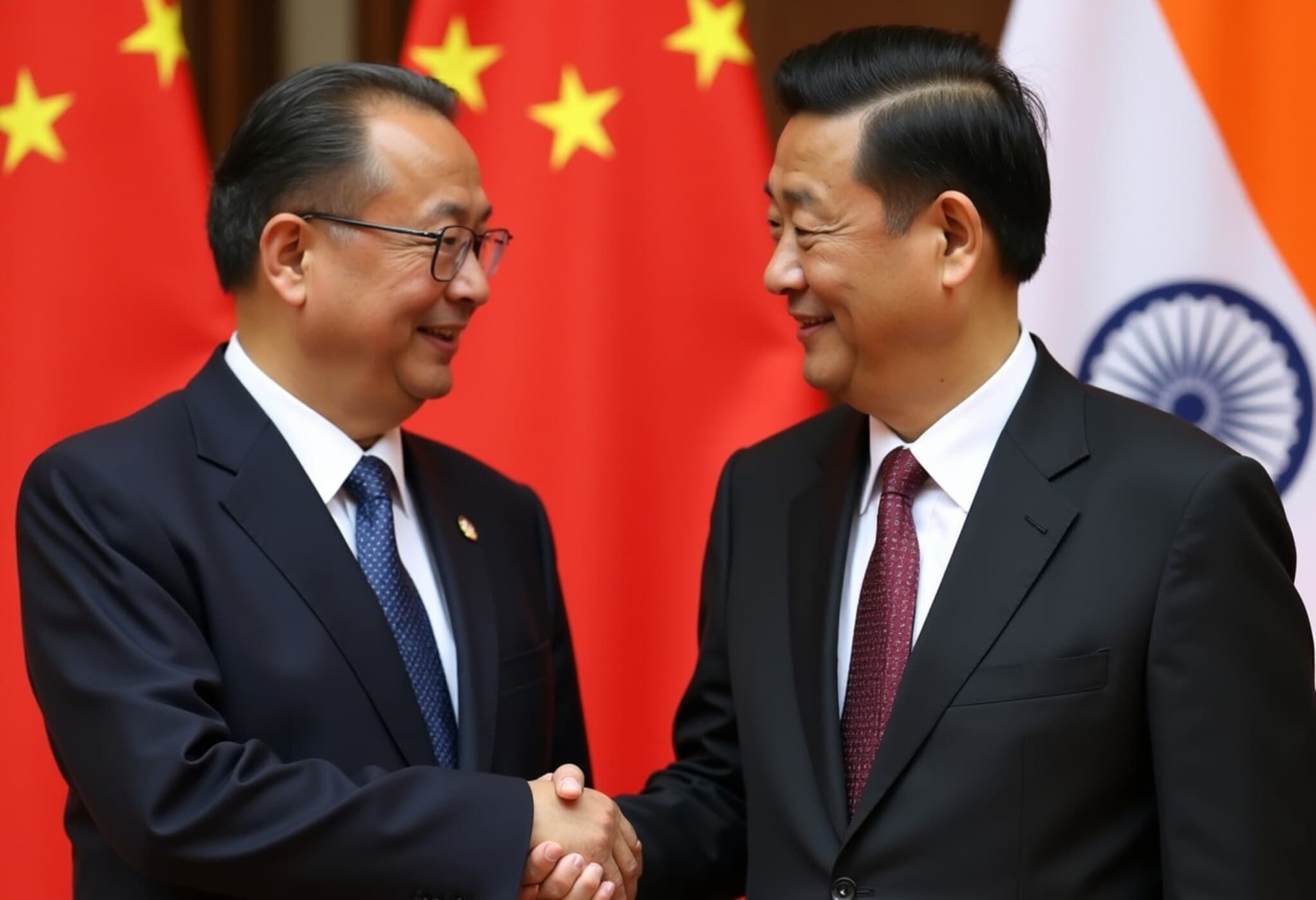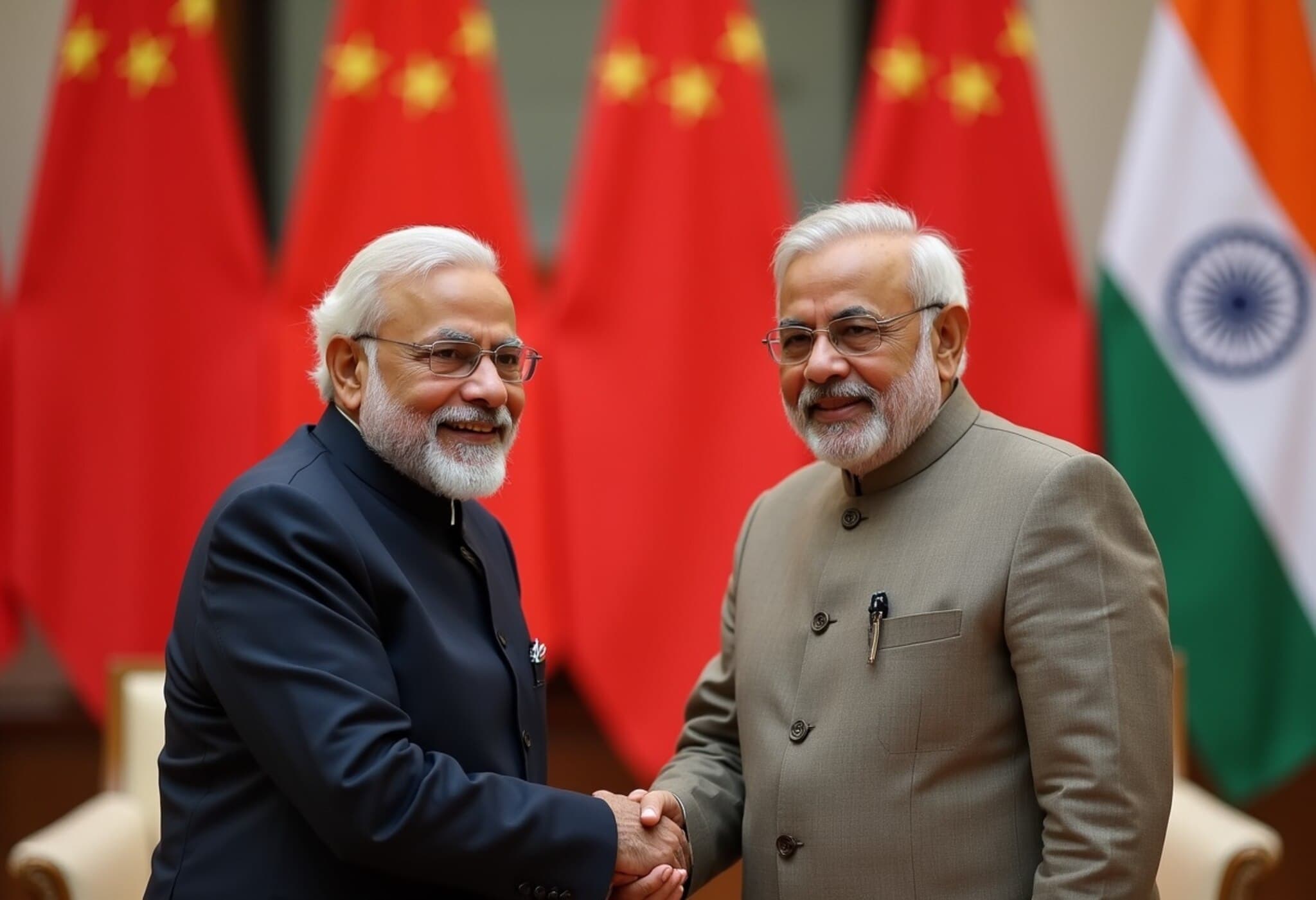India-China Diplomatic Engagement Ahead of SCO Meeting
In a significant development on the diplomatic front, India's External Affairs Minister Dr. S. Jaishankar held a crucial meeting with Chinese President Xi Jinping on July 15, 2025, in Tianjin, just days ahead of the Shanghai Cooperation Organisation (SCO) Foreign Ministers’ meeting. The engagement signals an important attempt by India to navigate its complex relationship with China amid ongoing border tensions and regional geopolitical shifts.
Key Highlights from the Meeting
- Jaishankar conveyed a direct message from Prime Minister Narendra Modi, reaffirming India's commitment to peaceful dialogue and strengthening bilateral ties.
- The meeting included conveying warm greetings from President Droupadi Murmu and Prime Minister Modi, underscoring the high level of respect and importance India places on its dialogue with China.
- The discussion focused on recent developments in India-China relations, emphasizing cooperative frameworks within the SCO and broader regional stability.
Contextualizing the India-China Relationship
The India-China relationship is a multifaceted one, shaped by both cooperation and contention. While both nations collaborate within regional platforms like the SCO, unresolved border disputes continue to cast a shadow over bilateral ties. This meeting comes at a pivotal moment, as both countries seek to balance competition and collaboration amid a rapidly changing geopolitical landscape.
From an expert policy perspective, such face-to-face interactions between diplomatic leaders are vital for de-escalating tensions and creating pathways for constructive engagement. India, under Prime Minister Modi’s leadership, has repeatedly expressed an intent to maintain peace and stability while safeguarding national sovereignty.
Why the SCO Meeting Matters
The Shanghai Cooperation Organisation serves as a critical platform for Eurasian countries to dialogue on security, economic cooperation, and counterterrorism. For India and China, active participation in SCO meetings enables them to engage multilaterally, addressing common challenges such as terrorism and regional development pressures.
Given China's growing assertiveness in regional affairs and India's rising global profile, the SCO provides a moderated environment to foster transparency and mutual understanding.
The Broader Implications
Experts note that the Jaishankar-Xi meeting could mark a subtle shift towards more stable communication channels between the two giants. However, the durability of such diplomatic warmth depends heavily on progress around border dispute negotiations and economic cooperation.
Moreover, with global attention on Indo-Pacific dynamics and US-China competition, India's calibrated diplomacy reflects its endeavor to maintain strategic autonomy and regional harmony.
Looking Ahead
As the SCO Foreign Ministers' meeting unfolds, all eyes will be on how India and China navigate their shared challenges and opportunities. The meeting between Jaishankar and Xi serves as a reminder that despite deep-rooted complexities, diplomacy remains the most viable path forward.
What to Watch Next:
- Official communiqués emerging from the SCO meeting regarding India-China cooperation.
- Any breakthroughs or renewed efforts towards resolving the border tensions.
- Statements reflecting India's broader foreign policy priorities in balancing relationships with China and other global powers.
Editor’s Note
This diplomatic encounter exemplifies the delicate balancing act India undertakes in managing its complex relationship with China. While the communication channels have opened at the highest levels, the real test lies in translating dialogue into tangible progress, especially on the sensitive border issues. For readers and policymakers alike, it is crucial to monitor how India leverages multilateral forums like SCO to assert its strategic interests while fostering regional cooperation.

